CRM System- 5 Reasons Why Company Should Use It
Regardless of the niche you’re operating, maintaining a strong relationship bond with customers is the most powerful mantra for success. It is important because as business expands and operations grow in complexity, the need for a proper digitized solution is the call of the hour. Customer Relationship Management software, or CRM, has been around for more than decades. It is basically a program designed to compile all significant aspects of customer information under a single unit. Although most business owners and executives are acquainted with the terms, many don’t know what a CRM really does and why they should consider investing on it.
The fact is, as a company matures, access to reliable date should be in their must-to-have list for sustained growth. This is the main purpose of CRM. Well, it may sound complex, let’s make it practical by knowing five reasons why every company should consider using a CRM. Find out below-
Eye-Opening Stats for Pipeline Visibility
Every opportunity, lead and prospect for your company should be clear and precise, making it the ultimate source of sustenance and growth. Companies invest a good amount to develop leads that need to be supported. Without CRM, managers and sales person have no pipeline visibility outside sales meetings. Pipeline visibility gives a snapshot of pipeline performance and it allows company executives to determine how activities are tracking towards overall goals.
In other words, a well-constructed CRM track maintains dates, actions, and keep sales team organized and informed. With CRM, companies can easily track deals throughout the process and have a clean record of the sales pitch. Truly, an increased visibility leads to higher win ratios and result in better discipline.
Companies Database Directory
Usually, the database of company contacts is preserved as its most valuable asset- the record of customer, prospects and clients. Companies without undertaking CRM have a single location to store private information about business contacts.
This very crucial information about clients, vendors and prospects in the accounting system, remain ignored under burden of spreadsheets or left unorganized in the email system. If properly done, CRM serves as the only master database for all company’s contacts. This becomes the ultimate tracking system for sales pitch, marketing communications, and other important interactions between the external parties and the company. The role of CRM is to make important company information highly visible, which boost sales, growth and consistency.
Faster Sales Reporting and Analytics
Companies that are still without a CRM have to depend on manual processing to generate sales and other analytical reports. It is not only a long, monotonous and time killing process, but also an inefficient approach where managers of companies have to rely on stale data for decision making. A CRM can effectively generate these reports automatically within a short time, thus eliminating the labour and effort required to create and distribute the information. This not only saves money but eliminate lack of information gap that is detrimental for a business deal.
Moreover, on-time report and analytics can ring as an early alarm to the system. With access to business information, managers can rectify small issues before time and prevent them from becoming company crises. So, these are essential for consistent and sustainable growth of company values.
Handling Turnover Transition
Noteworthy to mention, without CRM an individual salesperson is under critical sales information. If any salesperson leaves a company or quit his/her job, basic information about progressive deals or key contacts carried out by the salesperson itself. This is very risky for the management as it hampers company’s privacy.
A managed CRM prevents this situation. Very deal, contact and activity of the company are highly under surveillance of CRM. Having access to this important information helps identify the nature or the behaviour that indicates poor performance. Both of these are warning signs that can point to the leaving of a salesperson.
Just a few clicks in the CRM and the entire deals and activity history are reassigned. It helps to cut the long work of the manager to dig through Excel spreadsheets and numbers of emails to figure out what to assign to the new guy.
Calculating the Marketing ROI
One of the most important investments for most budding companies is their marketing activities. Without a proper systematic way to track marketing responses, it is rather impossible to know what really works and why and what is the scope. This, as a result, let companies to take marketing decisions on hunches without proper access to right information or data to back them up.
Keeping a good track on the marketing activities is a core capability of CRM. This provides companies and their management team with better information to understand how marketing programs influence sales behavior and catapult profit.
Once companies started tracking the basics, there are many state-of-the-art techniques and advanced tools that can really boost your marketing performance and generate increased business growth.
Conclusion
These are the reasons why CRM software sales have multiplied in the last few years and are soon expected to be universally accepted thing by all the companies worldwide. It is because a well-maintained and proper implemented CRM application can have a considerable return on investment.


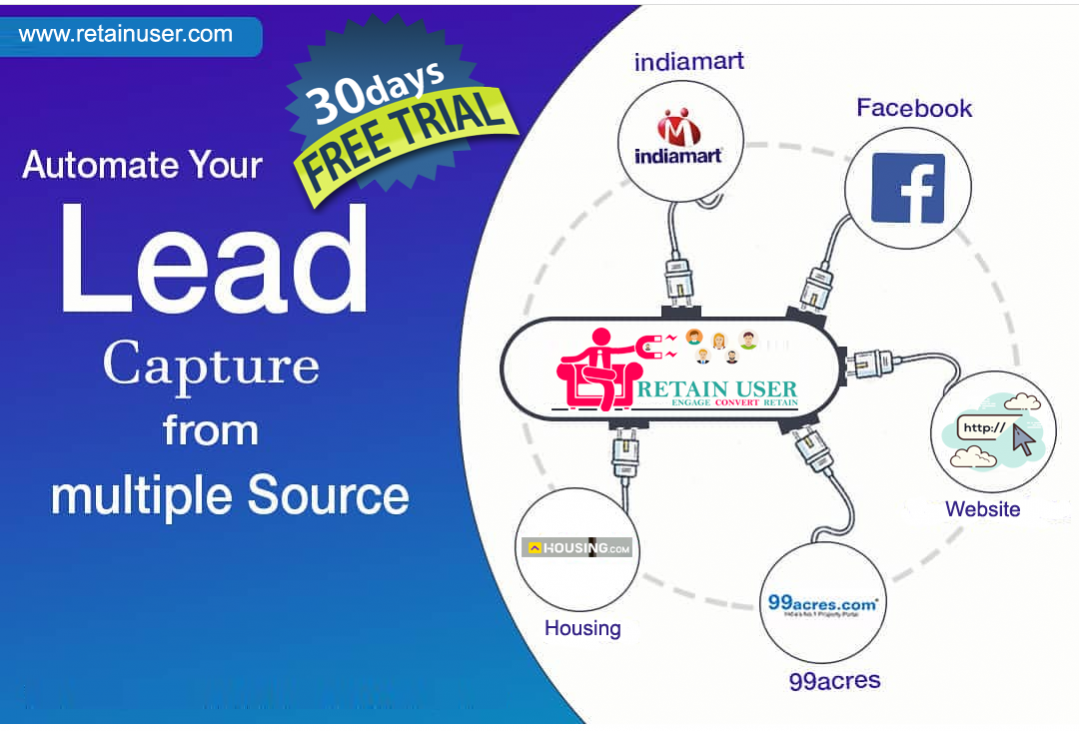
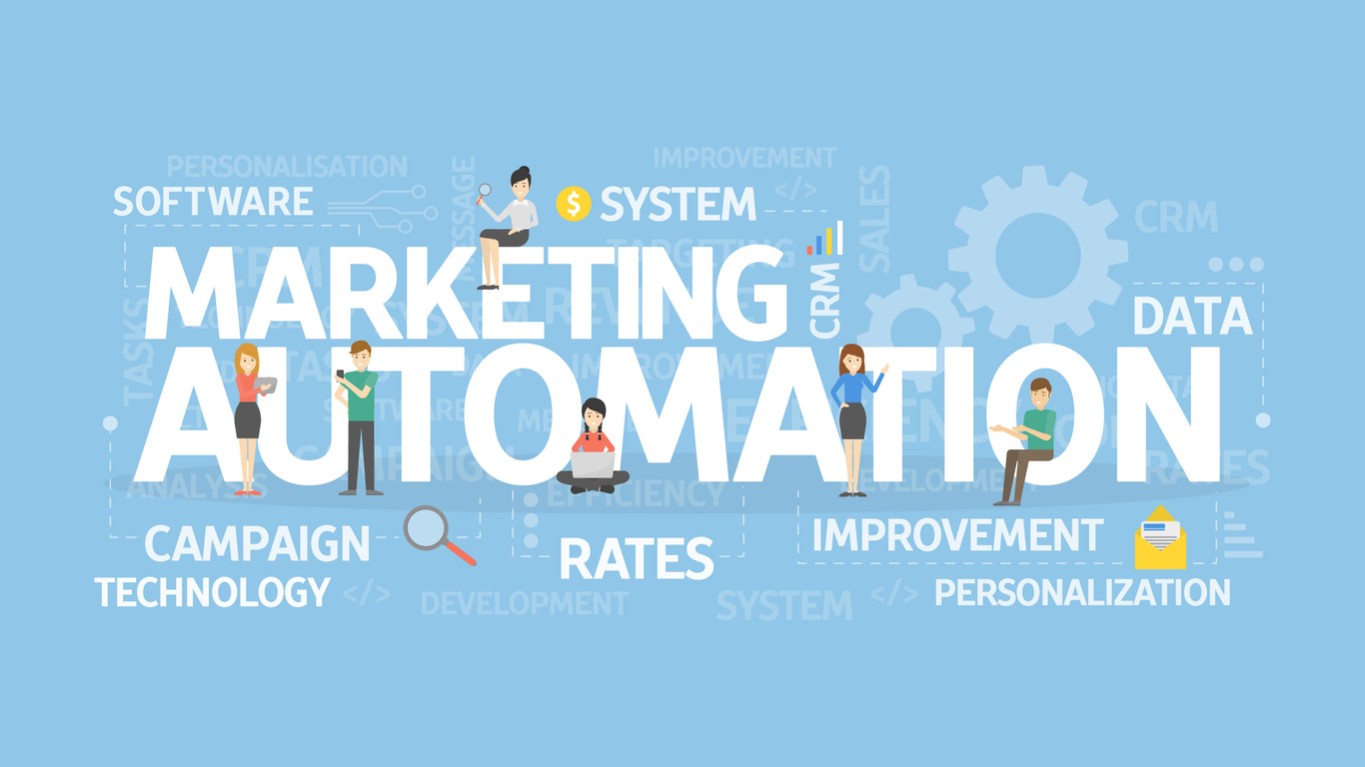
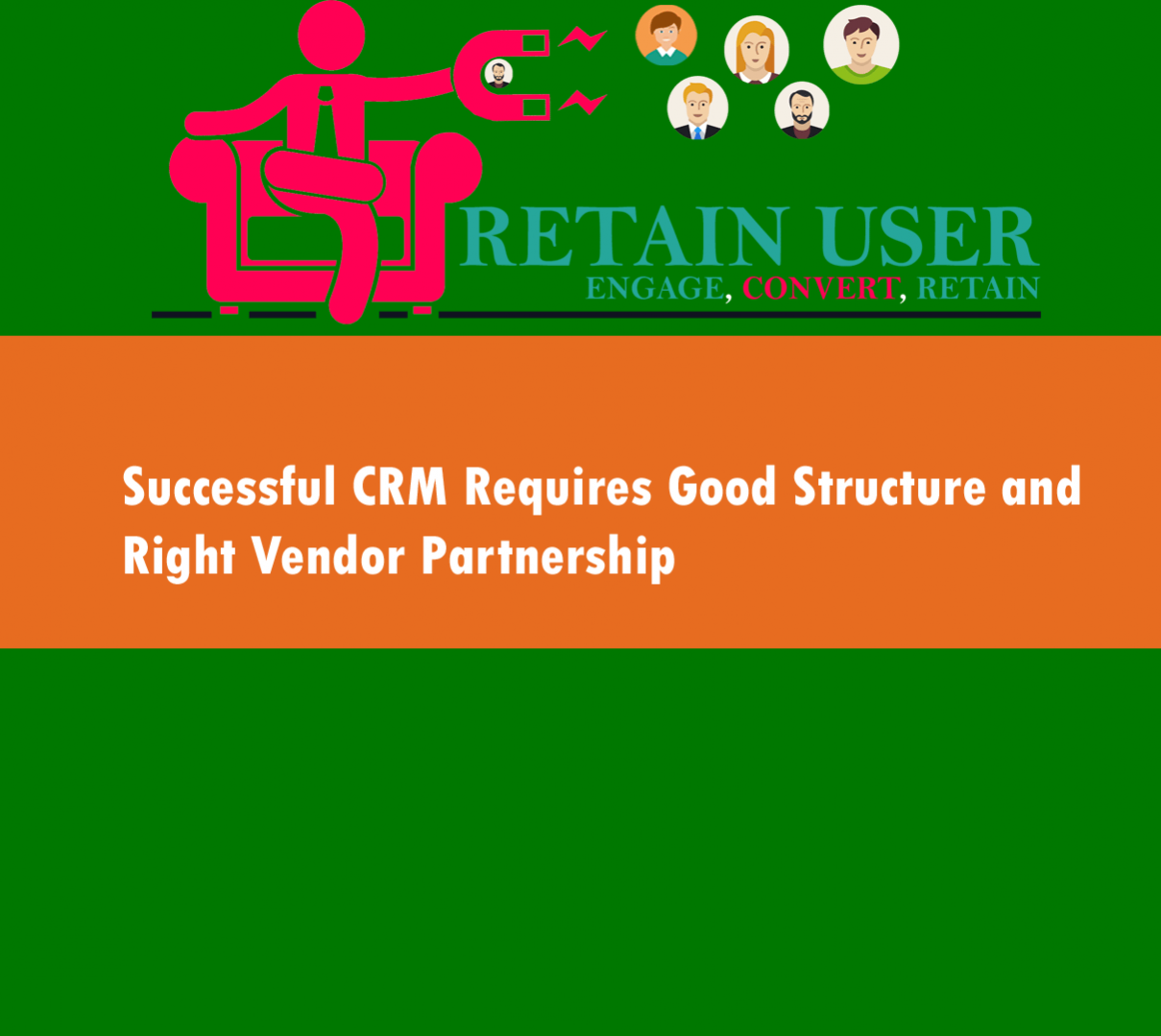

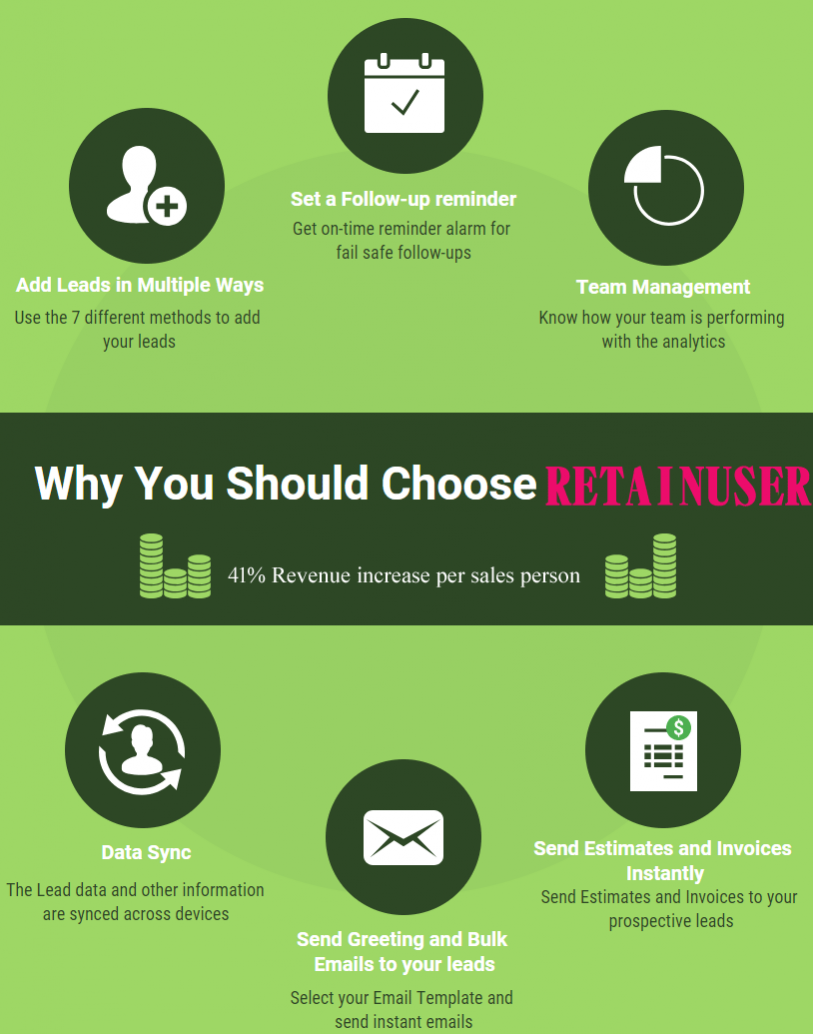
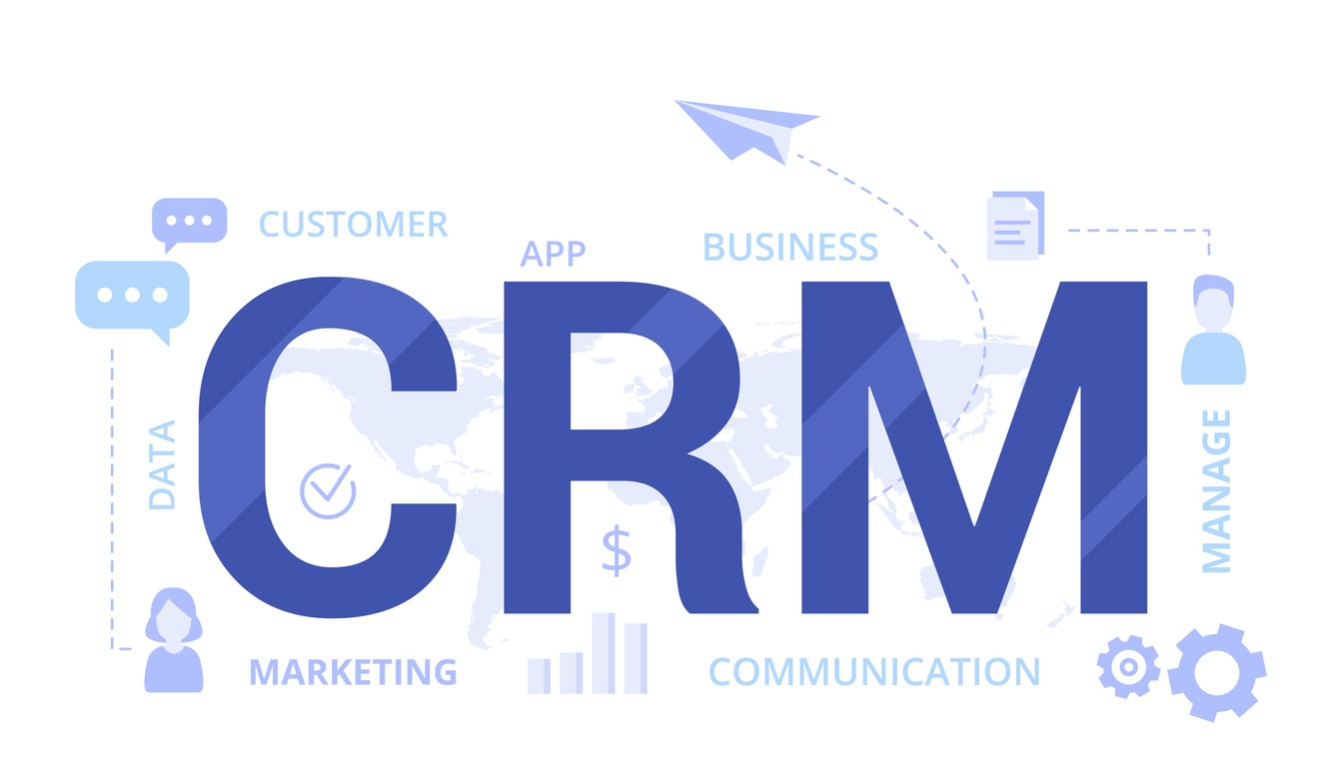




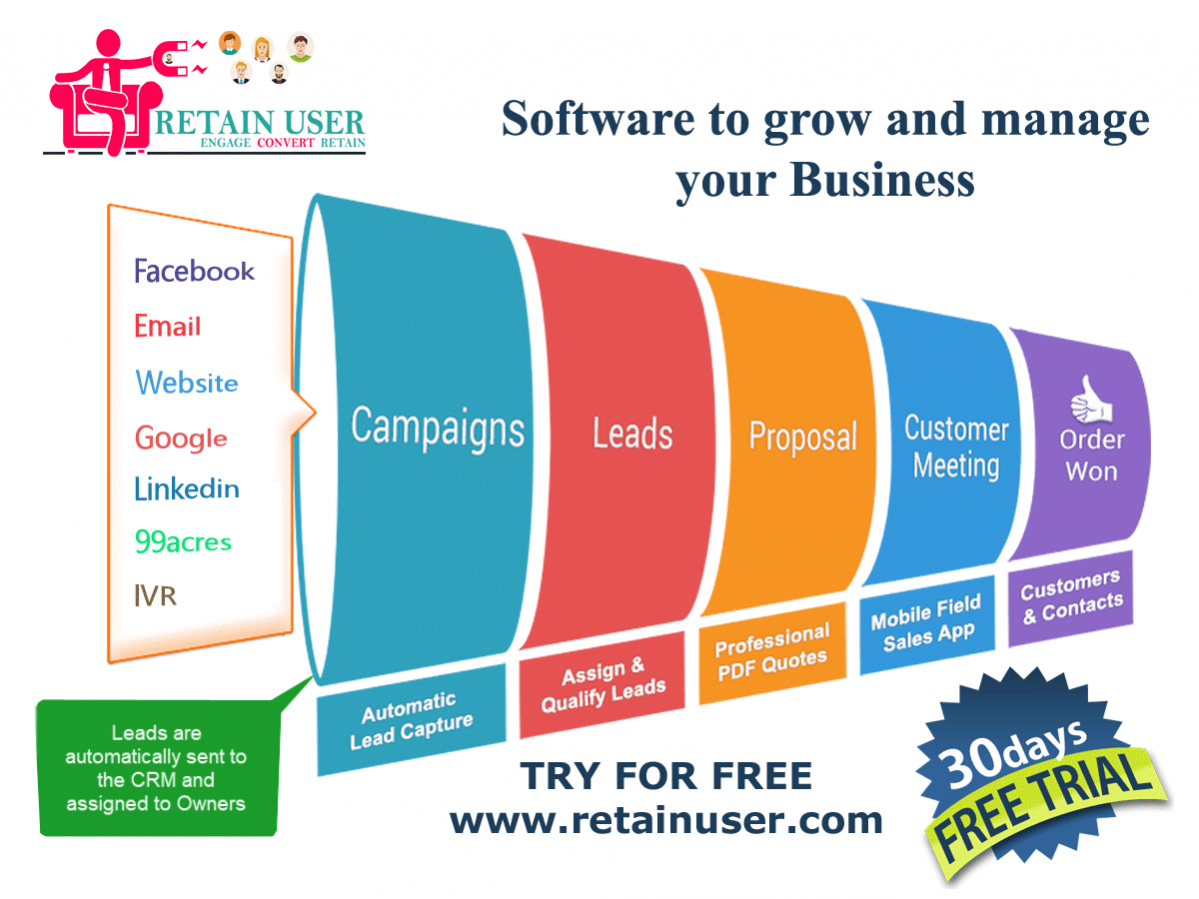
Leave a comment